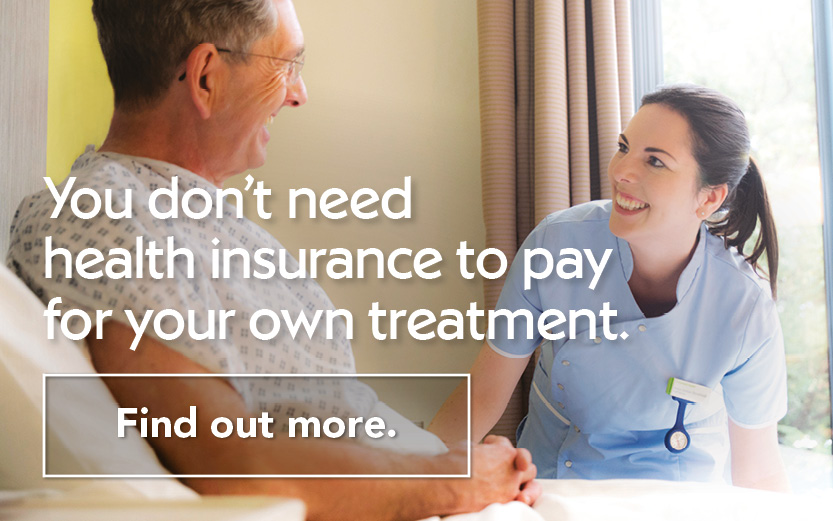The 1 sign you probably have a hernia (and what to do next)
The most common types of hernia occur when weak spots in your abdominal wall rupture and allow internal organs, typically part of the bowel, to slip through. It sounds severe but in many cases there is little pain or the pain only occurs during strain.
What is a hernia?
A hernia occurs when an internal organ or area of tissue pushes through a weak spot or opening in the tissue that normally holds it in place.
In the human body, a hernia can develop in several different areas, including the abdomen and the groin. Hernias are often uncomfortable or even painful, and they might feel like a lump or bulge under the skin. They're relatively common and can happen to people of all ages. Treatment for a hernia often involves surgery to put the organ or tissue back in its proper place and strengthen the weak area to prevent it from happening again.
How to tell if you have a hernia
Even if a hernia doesn’t cause pain or discomfort, it almost certainly will cause a lump under your skin where the abdominal wall has torn. These can be hard to spot if they occur in the inguinal canal in the groin area, as most hernias do. The following steps will give some guidance if you suspect you have a hernia but cannot be relied upon for diagnosis. If you have concerns, see a GP.
- Feel for a lump or swelling around the pubic bone
- If you find a lump, make note of where it is and lie down
- Did the lump disappear or become smaller? If so, it may be a hernia
- Do you feel discomfort when coughing or lifting heavy objects? It’s almost certainly a hernia.
Hernias are commonly under-pronounced while lying down as there is less pressure on your abdominal wall from your internal organs. Even a lump that doesn’t reduce in size when you lie down could be a hernia, or it could be something else. Both are good reasons to speak to your doctor.
Hernias can cause sharp pain when your body is under strain. Acts like coughing, sneezing and lifting can pinch the organ trapped in the abdominal wall.
I think I might have a hernia. What happens next?
The simple answer is: tell your doctor as soon as possible, however, many people wait until they experience serious pain or discomfort, or the hernia has grown large. There are many reasons why this is a bad idea. Hernias never repair themselves and generally always get worse with time. The longer you wait, the less surgical options you will have to deal with it.
Detected early, hernias can be repaired using minimally invasive laparoscopic surgery. This is typically easier to recover from than open surgery and has less complications. Delaying treatment may mean open surgery is the only course of action.
There’s also a risk of the hernia becoming strangulated, where the blood supply to the trapped organ is cut off. This is rare, but can be life-threatening and may require emergency surgery.
Unfortunately, early-stage hernias are not a public health priority so dealing with it quickly might not just be up to you. Nuffield Health can diagnose and repair hernias quickly whether you’re privately insured or want to pay for yourself.
What about hernias you can’t see?
Hiatus hernias won’t produce any visible signs on your body but can be uncomfortable for those affected. They occur when part of the stomach pushes up through an opening in the diaphragm. It can lead to gastro-oesophageal reflux disease (GORD) which can cause symptoms like heartburn.
If a hiatus hernia is the cause of your GORD it can be diagnosed with an x-ray or endoscopic investigations. Hiatus hernia is most commonly treated with medication or lifestyle changes and doesn’t usually require surgery.
Let's Talk Health
Interested in health and wellbeing?
The Let's Talk Health podcast showcases health experts and famous faces from the world of sport discussing everything from health and fitness to barriers to sport and injury recovery.
Listen in on relaxed conversations with industry-leading experts and get actionable advice that can help change and improve your day-to-day health and wellbeing.
Sound good? Click here to find out more
Contact us about hernia treatment
Fill in the form below and we'll get back to you.
Thank you
A member of the team will respond to you soon.
Last updated Thursday 13 June 2024
First published on Monday 14 March 2016


